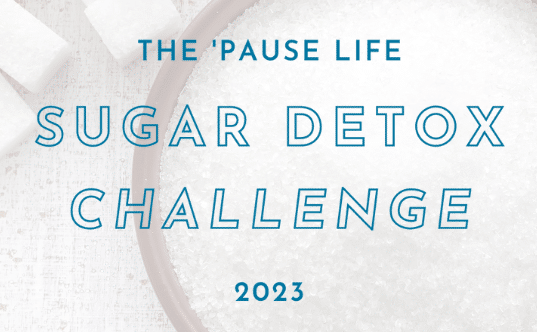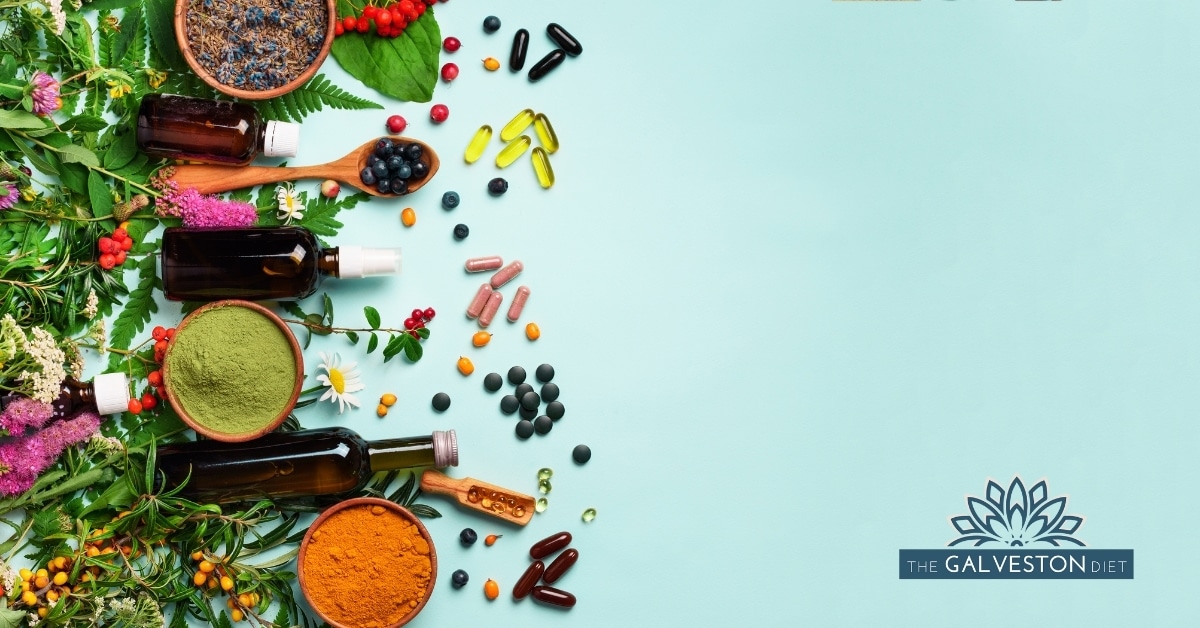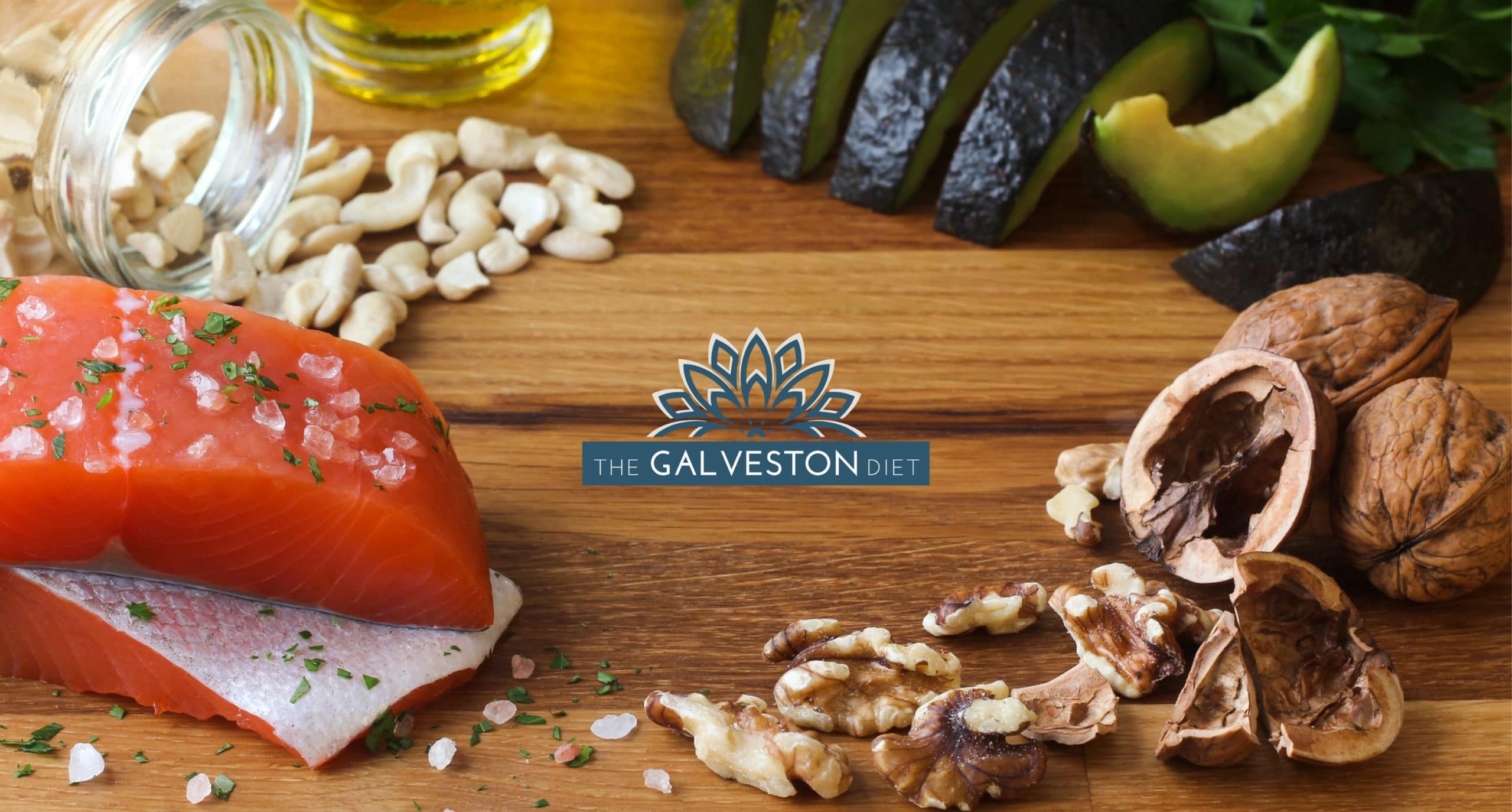Excessive sugar consumption has MANY negative health effects. I am not saying you can never have added sugar again, but rather, I hope this information will make you more aware and mindful of what you are putting into your body.
The current dietary guideline recommends that calories from added sugars should be no more than 10% per day. So, how can this be achieved?
- Focus on whole, unprocessed foods.
- Swap sodas, juices, sweet tea, and other sugary drinks with water or unsweetened seltzer.
- Drink coffee black (hello, intermittent fasting!). Another benefit? It has been shown to lower the risk of depression.
- Sweeten plain Greek yogurt with fresh or frozen berries instead of buying flavored, sugar-loaded yogurt.
- Consume whole fruits instead of sugar-sweetened fruit smoothies.
- Replace candy with a homemade trail mix of fruit and nuts.
- Use olive oil and vinegar as salad dressing rather than other processed salad dressings.
- Choose marinades, nut butter, ketchup, and marinara sauce with zero added sugars.
- Swap your morning cereal for fresh berries and an omelet made with fresh veggies.
- Avoid alcoholic beverages that are sweetened with soda, juice, honey, sugar or agave.
- Shop the perimeter of the grocery store, focusing on fresh, whole ingredients.
- Avoid feeling drained of energy by choosing carb sources that are low in added sugar and rich in fiber.
- Pair carbs with protein or fat to keep your blood sugar levels stable. (example: an apple with a small handful of almonds)
- Bottom Line: cut back on added sugar whenever possible!!
To make it simple, the best way to limit your added sugar intake is to prepare your own healthy meals at home and avoid buying foods and drinks that are high in added sugar.
The Galveston Diet was developed with all of these things in mind and we continually work to break sugar addictions – especially in menopause!
You can do it! Before you know it, your addiction to sugar will be a thing of the past. And, I promise you will never regret healthy aging!

Are You Ready To Break Up With Excess Sugar?
Article References:
https://www.ncbi.nlm.nih.gov/pmc/articles/PMC4058255/
https://www.healthline.com/nutrition/12-healthy-high-carb-foods#section5
If you are interested in learning more about the science behind The Galveston Diet, Click Here.






